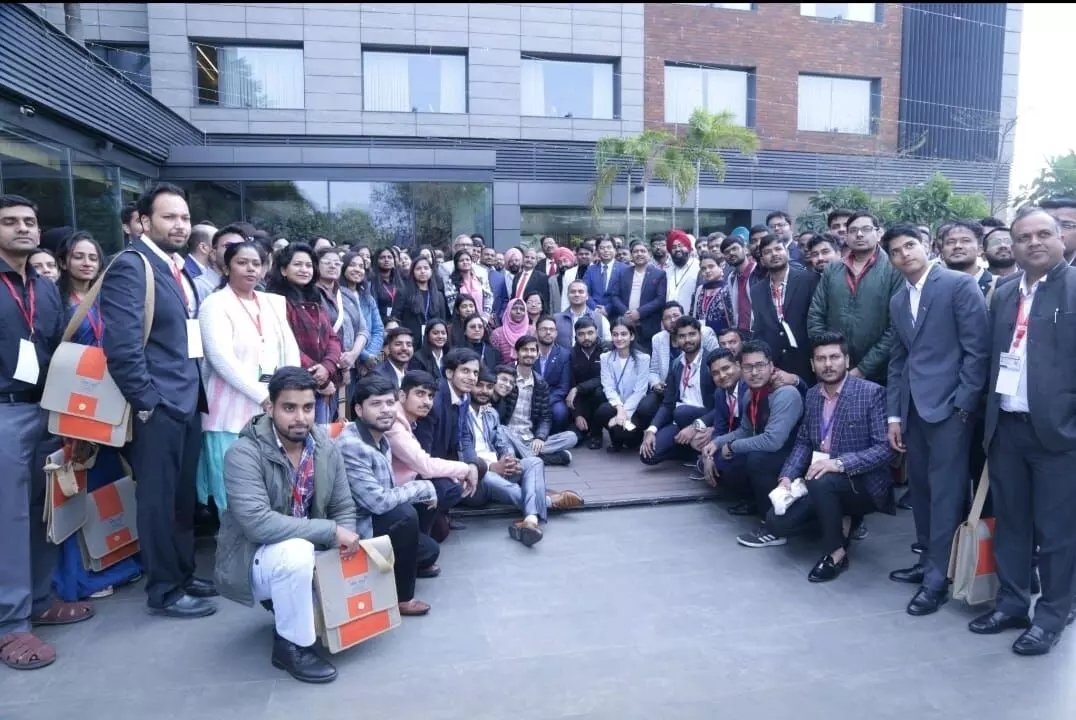Hyderabad: In a major breakthrough, an IoT-based sewage monitoring system has been developed that detects overflows and harmful gases in real time, ensuring worker safety and efficient urban waste management.
This feat has been achieved by students and faculty from Osmania University’s Civil Engineering Department, led by Prof K Shashikanth. Their research was presented at the prestigious ASCE International Conference on Sustainable Smart Cities (CISSC 2025) in Chandigarh.
How does the sewage monitoring system work?
The system integrates advanced gas and water level sensors with IoT technology, instantly alerting authorities about toxic gas leaks and sewage blockages. By detecting methane, ammonia and hydrogen sulphide, the technology prevents manual scavenging deaths, a recurring issue in cities like Hyderabad. The collected data is transmitted wirelessly to a cloud platform for real-time monitoring and immediate intervention.
With rapid urbanisation straining outdated sewerage infrastructure, this cost-effective and scalable solution offers a game-changing approach to smart city waste management. Osmania University’s innovation reinforces the critical role of technology in safeguarding public health and sanitation workers.
